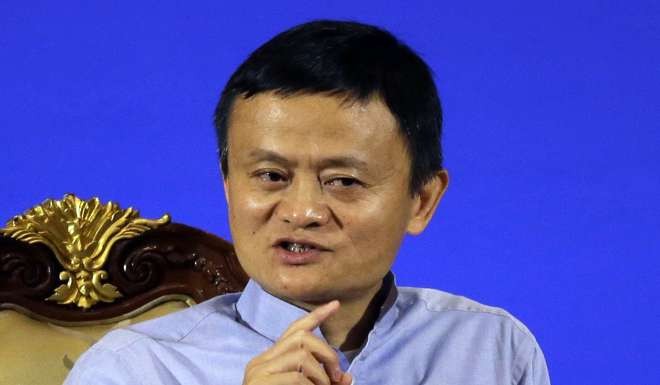US labels Alibaba a ‘notorious market’ for knock-offs
Chinese e-commerce giant fears politics behind charges

The US has again labelled Alibaba Group Holding Ltd. one of the world’s largest destinations for fake goods, a major embarrassment for a Chinese e-commerce titan trying to shake off its reputation as a haven for counterfeiters.
The US Office of the Trade Representative on Wednesday restored Alibaba to its annual Notorious Markets blacklist -- just four years after the Chinese company managed to get off.
“We are very disappointed by the USTR’s decision,” to include Alibaba’s Taobao unit on the list, “which ignores the real work Alibaba has done against counterfeiters,” Michael Evans, president of Alibaba Group, said in a statement.
The agency warned last December that Alibaba needed to do better if it wished to avoid the designation, reserved for websites and markets where there’s large-scale copyright infringement.
Rejoining the global name-and-shame list damages Alibaba’s credibility in the US, where its shares trade and it’s trying to cultivate relationships with retailers, brands and entertainment companies. Shares of Alibaba were down 0.4 per cent to US$89.52 at 3 p.m. in New York.
Alibaba has argued it’s doing all it can to combat piracy. In October, the company said it had tightened policies against copyright infringement and made it easier for brands to request fakes be removed. It took down 380 million product listings and closed about 180,000 stores on its Taobao platform in the 12 months to August, the company said in a letter to the USTR.
Alibaba suggested its new designation could have political undertones. President-elect Donald Trump has made disparaging remarks about US-China trade relations.
“Our results speak for themselves,” Alibaba said. “Unfortunately, the USTR’s decision leads us to question whether the USTR acted based on the actual facts or was influenced by the current political climate.”
Still, investors have grown more sceptical about Alibaba’s ability to expand in the US since its record-breaking 2014 initial public offering.

The company controlled by Jack Ma, China’s richest man, continues to grapple with accusations it doesn’t do enough to eliminate counterfeits, particularly on Taobao, which caters to small merchants. As Alibaba seeks to bring in more than half its revenue from overseas, winning the trust of foreign brands will be key to expansion outside of China.
“While recent steps set positive expectations for the future, current levels of reported counterfeiting and piracy are unacceptably high,” the USTR said in its report. “Not only do counterfeit and pirated goods pose a grave economic threat to US creative and innovative industries,” they undermine the Chinese and global market for legitimate US products.
Alibaba Group is the owner of the South China Morning Post.